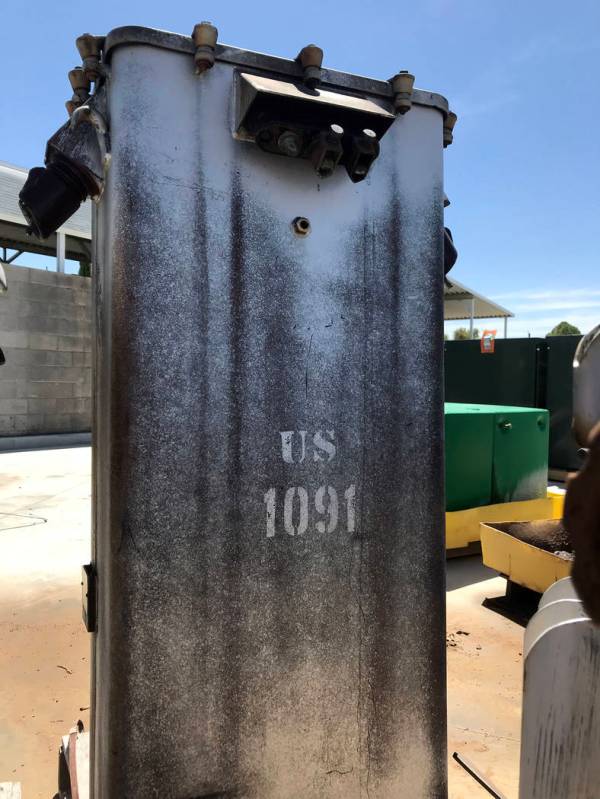
Boulder City recently painted a picture of its electrical use for the past five years and gave a forecast for the next five.
Electric Utility Administrator Rory Dwyer presented the city’s draft electric utility integrated resource plan to the City Council at its June 26 meeting.
“This planning is the process by which the utility looks at their inputs and make sure it equals the outputs,” he said.
Additionally, the plan looks at new energy resources to evaluate all possible alternatives.
Dwyer said the city must complete the plan every five years because of the federal hydropower it receives from Hoover Dam through the Western Area Power Administration.
Members of the public are encouraged to read the draft and comment on it. The comments will be included in the final draft that is due to the WAPA by July 15. The public can view the plan through the city website, www.bcnv.org/DocumentCenter/View/4688/Electric-IRP-2018-22?bidId=. Any questions or comments can be sent to Dwyer at RDwyer@bcnv.org.
City Council members will consider adopting the plan at their July 10 meeting.
In addition to looking at electrical and alternative resources, the plan looked at the city’s energy consumption, which has decreased in the past five years and is forecast to continue to do so.
Dwyer’s research showed that, despite the town’s population growing an average of 0.5 percent in the past five years, energy consumption has been reduced by an average of 1.2 percent, lower than it was during the Great Recession.
Through the process, Dwyer looked at Boulder City’s population from 2009-2017 provided by the governor’s office and compared it to how much energy was consumed as well as the peak demand levels.
“Energy consumption is going down because as people replace old appliances the new ones are more energy efficient,” Dwyer said.
He also said the city’s electric rebate program helps with those replacements. That program allows residents to receive money back when they replace appliances and install energy-saving items such as solar water heaters, air conditioners, solar screens and window film, evaporative coolers and high-efficiency pool pumps.
“People take the most advantage of air conditioners and pool pumps,” he said.
To apply for a rebate, residents must submit an application within 60 days of installation. They are awarded on a first-come, first-served basis, as there is limited money available, according to the city’s website.
Additionally, the city is replacing all of its transformers because they are outdated and inefficient.
“They have a lot of (electrical) losses,” said Acting Public Works Director Jim Keane.
Dwyer said the city is replacing all the pole transformers with more efficient ones that will create a more reliable 12kV unified system and allow more electricity to be transmitted.
“The current ones (transformers) are 4kV,” he said.
According to Dwyer, the transformers being replaced were manufactured between 1930 and 1970. The city plans to replace 100 per year, with all the new ones installed by July 2021. Additionally, the city’s energy consumption is expected to be less in 2022 than it was just before the recession.
Electric 2018-2022 IRP Draft for Public Review and Comment by Boulder City Review on Scribd
Contact reporter Celia Shortt Goodyear at cgoodyear@bouldercityreview.com or at 702-586-9401. Follow her on Twitter @csgoodyear.